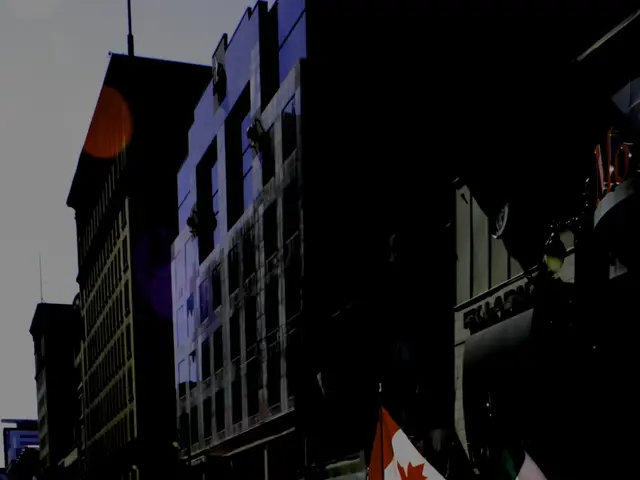Crime syndicates and safety in Latin America
In December 2024, an alliance comprising 18 countries from Latin America and the Caribbean was launched with a mission to combat organized crime and promote evidence-based policies. Known as the Alliance for Security, Justice, and Development, the member countries include Argentina, the Bahamas, Barbados, Belize, Brazil, Chile, Costa Rica, the Dominican Republic, Ecuador, Guatemala, Guyana, Honduras, Jamaica, Panama, Paraguay, Peru, Suriname, and Uruguay.
The alliance, spearheaded by the Inter-American Development Bank, also includes governments, multilateral organizations, and civil society. Eleven organizations are participating in the initiative, including the Organization of American States, Interpol, the World Bank, and the Development Bank of Latin America and the Caribbean.
The alliance focuses on three main pillars: protecting vulnerable populations, strengthening security and justice institutions, and reducing illicit markets and financial flows. Some Latin American leaders advocate for more pragmatic approaches, such as police and judicial reforms, to dismantle the political and financial systems that sustain organized crime.
One such approach involves hybrid strategies that combine community-based prevention programs with targeted law enforcement operations. Intelligence-led policing, for instance, strategically targets criminal networks, avoiding mass arrests and abuses often associated with militarized strategies.
However, the most likely scenario is that organized crime and its role in corruption and violence will remain a fixture of Latin America's political, social, and economic landscape, though with significant regional variations. As criminal networks expand and become more transnational, organized crime continues to spread, leading to increased violence and deteriorating security.
Venezuela has seen organized crime and its connections to government members increasingly threaten democracy and security in recent years under Nicolás Maduro's rule. This includes the undermining of parliamentary powers and suppression of protests between 2017 and 2020.
The least likely scenario is the universal reduction in violence across Latin America, requiring a regional effort to enhance governance capabilities, coordinate security responses, eliminate ungoverned areas, and ensure judicial independence.
Public support for security militarization will persist only as long as the security situation improves; otherwise, the "loss of rights for security" trade-off loses appeal. Social investment in marginalized neighborhoods can help in reclaiming space and building trust among citizens.
Despite the challenges, the Alliance for Security, Justice, and Development offers a promising step towards a safer and more secure future for Latin America and the Caribbean. By promoting evidence-based policies and implementing concrete actions, the alliance aims to disrupt organized crime networks and improve the lives of millions.
Read also:
- Impact of Alcohol on the Human Body: Nine Aspects of Health Alteration Due to Alcohol Consumption
- Understanding the Concept of Obesity
- Lu Shiow-yen's Challenging Position as Chair of the Chinese Nationalist Party (KMT) Under Scrutiny in Donovan's Analysis
- Tough choices on August 13, 2025 for those born under Aquarius? Consider the advantages and disadvantages to gain guidance








